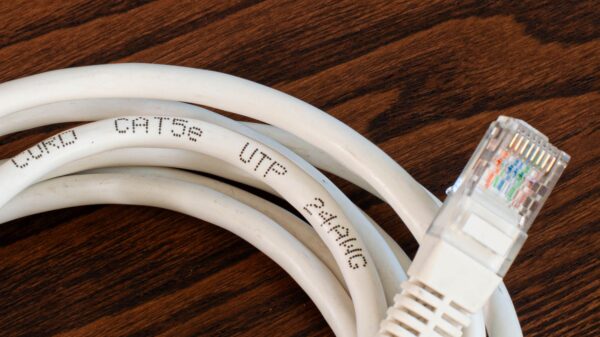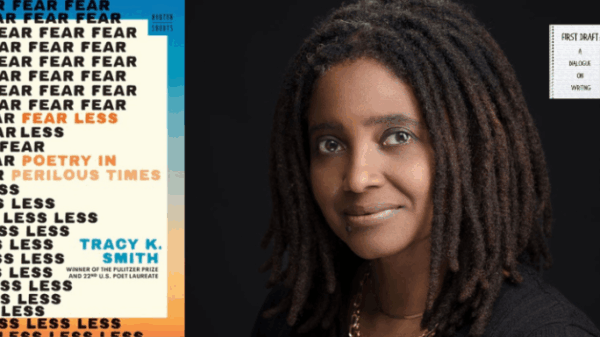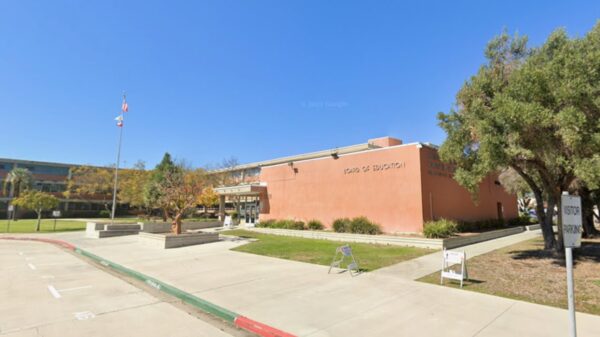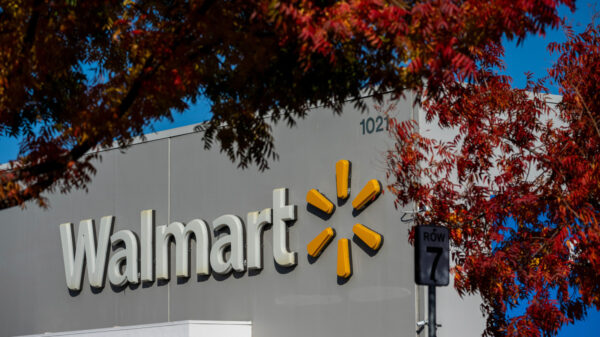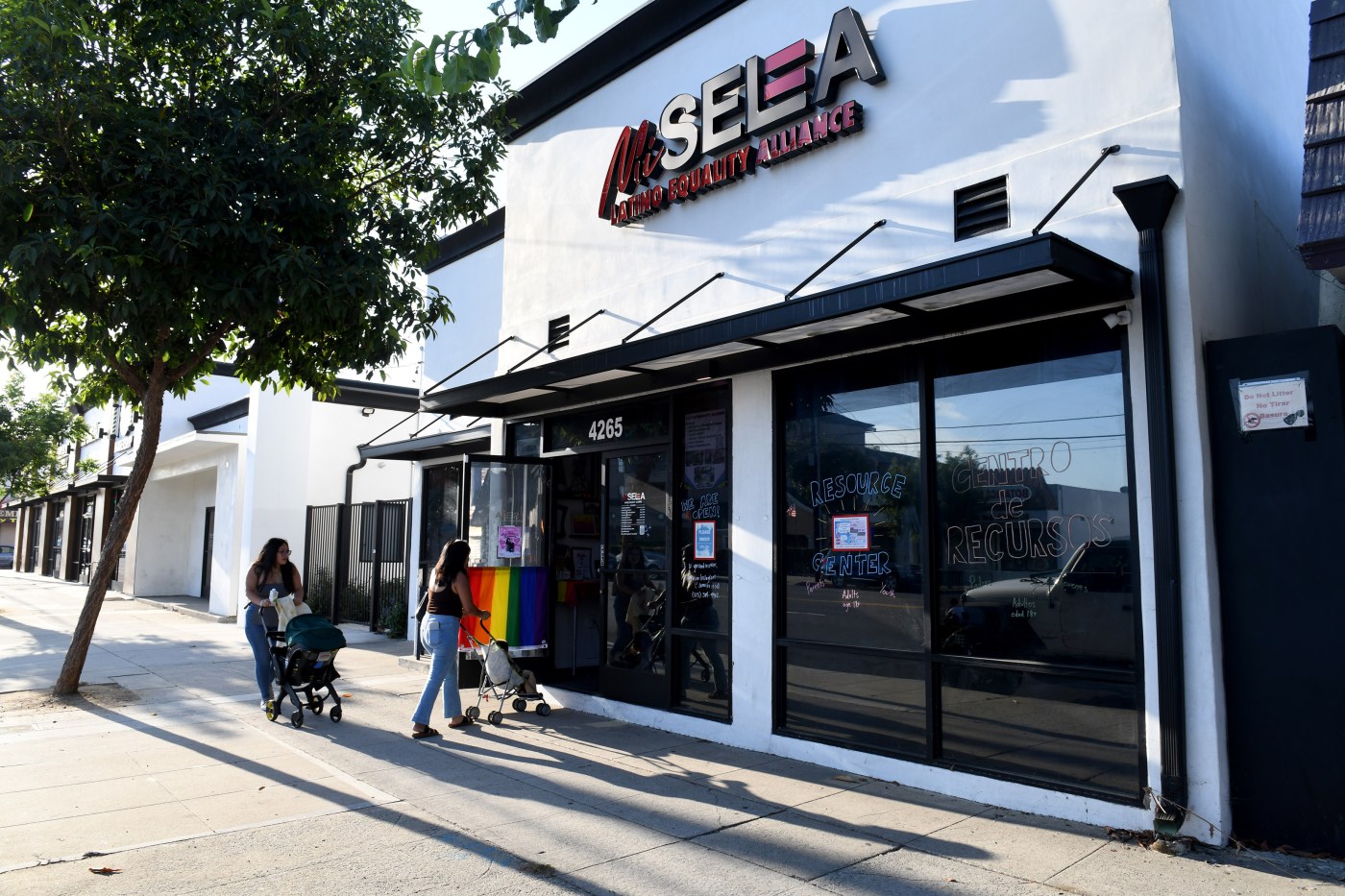The Mi SELA Center in Bell, California, is under investigation by the Bell Police Department following a series of harassment incidents involving bags of dog feces left on the center’s property. The center, which serves as a vital resource for LGBT youth in Southeast Los Angeles, filed a police report after staff discovered increasing numbers of these bags, prompting the police inquiry.
Yaya Velasquez-Lopez, a staff member at Mi SELA, recalled the moment she first noticed the bags, initially mistaking them for leaves. After bringing the issue to the attention of her colleagues, it became clear that the situation was no mere accident. “At one point, we realized something more nefarious was going on: a display of hate against the center and its mission,” she said.
The Mi SELA Center, operated by the Latino Equality Alliance, provides support and a safe space for LGBT youth. It recently celebrated its two-year anniversary, a milestone overshadowed by the ongoing harassment, which Velasquez-Lopez noted has increased since early Spring. She linked the incidents to a broader climate of hostility towards the LGBT community, particularly following policy changes by the Trump administration that limited access to gender-affirming care and defunded research related to LGBT health.
On August 22, 2025, the center remained open for business despite the harassment. Community support has been palpable, with the Bell Chamber of Commerce publicly condemning the actions against Mi SELA. Executive Director Adolfo Varas stated, “This disgraceful incident…is not merely an act of disrespect; it is an unequivocal manifestation of hate.”
Local government officials have also expressed their solidarity. L.A. County Supervisor Janice Hahn condemned the harassment as “gross and cowardly,” emphasizing that such actions reflect poorly on the perpetrator rather than the LGBT community. In a statement, she affirmed, “I hope that the people who depend on Mi SELA know how much they are loved and supported in this community and do not take this hate to heart.”
In a bid to enhance security, Hahn’s office has proposed a grant of $2,500 to upgrade the center’s surveillance system. This funding aims to address concerns about the effectiveness of existing cameras, which have not deterred the perpetrators. Velasquez-Lopez expressed her gratitude for the community support, stating, “It’s an unfortunate kind of event that’s been happening, but the result of it being all of our community coming together has really been heartwarming for me.”
The Mi SELA Center’s commitment to providing services for LGBT youth remains unwavering, despite the ongoing challenges. Velasquez-Lopez emphasized the importance of their work in a community that has historically lacked resources for LGBTQ+ individuals. “Southeast LA is notoriously a desert for LGBTQ+ resources,” she said, highlighting the need for continued advocacy and support.
As the investigation continues, the Mi SELA Center stands firm in its mission to foster a safe and supportive environment for all its visitors. The actions of those targeting the center have only strengthened the resolve of its staff and supporters to combat hate with love and community solidarity.



